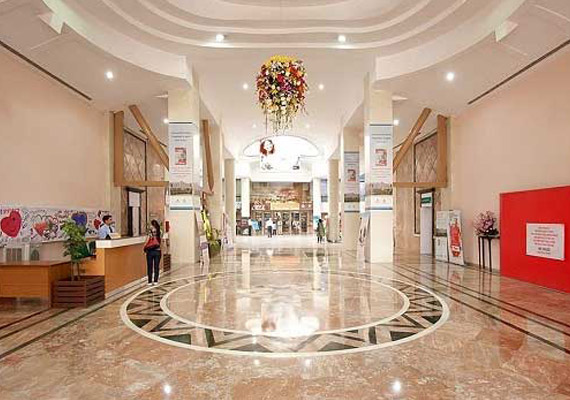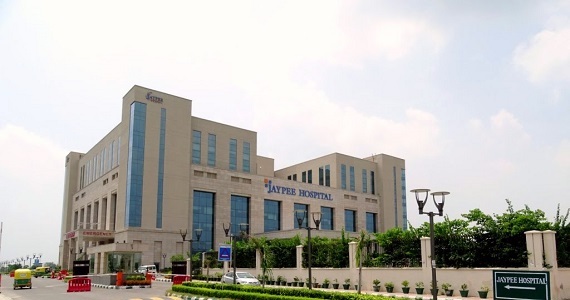Transrectal Prostate Biopsy Treatment in India
treatment
starting from
Introduction:
In the ever-evolving landscape of medical science, one area that has seen remarkable progress in recent years is the field of urology, particularly with regards to prostate biopsies. Among the various biopsy techniques available, transrectal prostate biopsy has emerged as a transformative procedure, revolutionizing the diagnosis and management of prostate conditions. This blog aims to explore the cutting-edge advancements in transrectal prostate biopsy, shedding light on how it has become a crucial tool in the pursuit of precision and enhanced patient care.
- The Rise of Transrectal Prostate Biopsy:
Prostate cancer is a common malignancy affecting men worldwide. In the past, the diagnosis of prostate cancer was often challenging, relying on non-specific symptoms and digital rectal examinations. However, with the advent of transrectal prostate biopsy, the accuracy of diagnosis has soared significantly. By utilizing ultrasound-guided techniques, this minimally invasive procedure enables targeted sampling of suspicious areas, leading to earlier detection and improved prognostic outcomes.
- Advanced Imaging Techniques for Precision Targeting:
In recent years, the integration of advanced imaging technologies, such as multiparametric magnetic resonance imaging (mpMRI), has further revolutionized transrectal prostate biopsies. mpMRI provides detailed anatomical and functional information, allowing urologists to visualize the prostate with unparalleled clarity. Combining mpMRI with transrectal biopsy facilitates precise targeting of suspicious lesions, reducing the need for extensive biopsy cores and diminishing the risk of potential complications.
- Fusion Biopsy: Where Technology Meets Expertise:
Fusion biopsy, an exciting development in transrectal prostate biopsies, exemplifies the harmonious convergence of technology and medical expertise. By fusing real-time ultrasound images with pre-acquired mpMRI data, urologists can meticulously navigate and pinpoint lesions during the biopsy procedure. This sophisticated integration of data enhances diagnostic accuracy, empowers personalized treatment plans, and minimizes the risk of false-negative results.
- Improving Patient Outcomes through Risk Stratification:
Precision medicine has brought about a paradigm shift in the approach to prostate biopsy. With transrectal biopsy now capable of accurately assessing the aggressiveness of cancerous cells, risk stratification has become a key aspect of patient management. By identifying low-risk cases, active surveillance options can be confidently pursued, sparing patients unnecessary treatments, and their potential side effects. On the other hand, high-risk cases can be promptly directed towards targeted therapies, increasing the likelihood of successful outcomes.
- Addressing Safety Concerns:
While transrectal prostate biopsy has revolutionized prostate cancer diagnosis, it is essential to address safety concerns associated with the procedure. Infections, bleeding, and discomfort have been the main challenges. However, researchers are continually striving to optimize protocols and reduce risks. Novel techniques, such as transperineal biopsy, are being explored as alternatives to transrectal biopsy, promising even lower infection rates and improved patient experiences.
Conclusion:
Transrectal prostate biopsy has undoubtedly become a hallmark of precision medicine in urology, transforming the landscape of prostate cancer diagnosis and management. With cutting-edge imaging technologies, fusion biopsy, and enhanced risk stratification, this minimally invasive procedure has paved the way for early detection and tailored treatment plans. As research and innovation continue to drive the field forward, transrectal prostate biopsy promises to remain a cornerstone in the fight against prostate cancer, ensuring better patient outcomes and improved quality of life for countless individuals around the globe.
How It Works
Need help in organizing medical travel to India?













